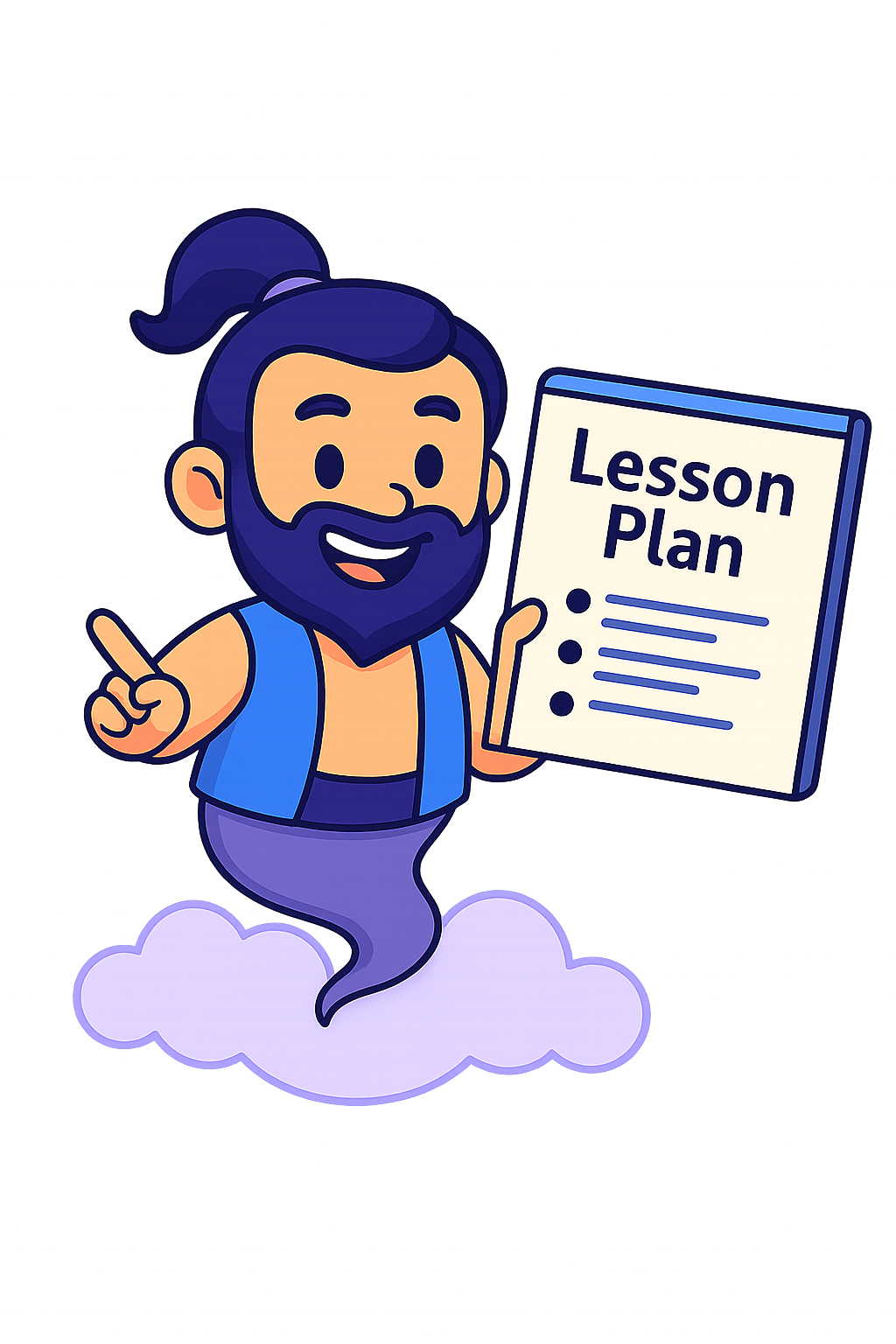 Understanding Key Details in Informational Texts
Understanding Key Details in Informational Texts
Objective: Students will be able to ask and answer questions to locate key details in a grade 2 informational text to improve comprehension.
Learning Objectives
- Students will identify key details in a short informational text.
- Students will ask questions about the text using who, what, where, when, and why.
- Students will answer questions using evidence from the text.
Materials Needed
- A grade-appropriate informational text (such as a short article about animals, weather, or community helpers)
- Paper and pencil
- Question cards with prompts like ‘Who?’, ‘What?’, ‘Where?’, ‘When?’, and ‘Why?’
Key Vocabulary
- Informational Text
- A type of writing that gives facts about a topic instead of telling a story.
- Key Details
- Important pieces of information that help you understand the main idea of the text.
- Question
- A sentence that asks for information.
Detailed Activities
Read and Discuss the Informational Text
- Read the selected informational text aloud to your student, or have the student read it aloud if able.
- Pause to discuss the main topic and ask your student to point out any words or ideas they find interesting or confusing.
- Explain that you will work together to find important details by asking questions.
Question and Answer Practice
- Use the question cards to ask your student questions about the text, such as ‘Who is the text about?’ or ‘What happened?’
- Encourage the student to find the answer in the text and explain it in their own words.
- Write down the key details from their answers on paper to visualize the information.
Independent Question Creation
- Ask your student to create two questions about the text using the question words.
- Help them find the answers in the text and discuss why these details are important.
- Review the answers together and praise the student for their understanding.
Parent & Instructor Notes
- This lesson focuses on helping your child learn how to find important facts in informational texts by asking questions.
- Encourage your child to take their time reading and to think about the questions before answering.
- Use simple language and praise your child’s efforts to build confidence in reading comprehension.
Assessment Questions
- Who is the main subject of the text?
- What is one important fact you learned?
- Where does the story or information take place?
- When does the event happen, if mentioned?
- Why is this information important?
Extension Ideas
- Have your child draw a picture showing one key detail from the text and explain it to you.
- Find another informational text on a similar topic and compare the key details.
- Create a simple quiz together about the text using the questions your child created.
Frequently Asked Questions
Encourage your child to look back at the text slowly and help them by pointing to where the information might be. Re-reading parts of the text can also help.
Choose topics your child is interested in, such as animals, space, or sports. Use visuals or videos related to the text to make learning fun.
Try to practice asking and answering questions about informational texts at least twice a week to build strong comprehension skills.
Teacher’s Guide
Common Misconceptions:
- Students might confuse key details with the main idea; key details support the main idea.
- Students may answer questions based on memory or guesses rather than referring back to the text.
Scaffolding Ideas:
For Struggling Students:
- Provide simpler texts with clear, repeated information.
- Use pictures or diagrams to support understanding.
- Ask fewer questions focusing on ‘who’ and ‘what’ before progressing to ‘where,’ ‘when,’ and ‘why.’
For Advanced Students:
- Encourage students to ask deeper questions, such as ‘How does this information help us?’
- Have students summarize key details in their own words.
- Introduce texts with more complex vocabulary and multiple key details.
Pacing Recommendations:
- Spend about 15 minutes reading and discussing the text.
- Use 15 minutes for guided question and answer practice.
- Allow 15 minutes for independent question creation and review.
Standards
- 2.RI.5 — Ask and answer such questions as who, what, where, when, why, and how to demonstrate understanding of key details in a text.
Printable Worksheet
Plan Your Own Lesson
Looking for a custom lesson plan? Try our Lesson Planning Generator — create standards-based plans for any topic, instantly!
Common Core Aligned Lesson Plans
Looking for another common core lesson? See all of the lesson plans here.
More Free Lesson Plans
We’re adding more every week! Check back soon or explore all our lesson plans here.

 Understanding Key Details in Informational Texts
Understanding Key Details in Informational Texts
Leave a Reply